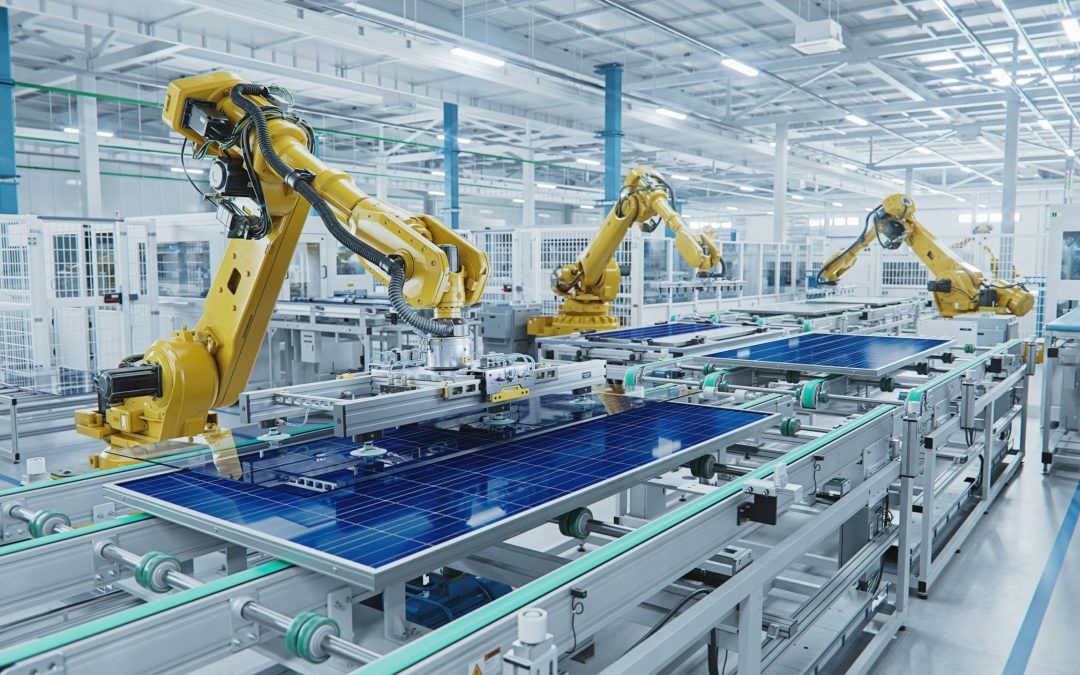Unpacking The Myths and Facts
Let’s discuss a concern that has been raised quite often: “Are solar panels bad for the environment?” It’s a question that might seem contradictory considering the clean, renewable energy solar panels produce. Let’s delve into it.
Understanding The Production Process
The production of solar panels does indeed have some environmental impact. Solar panels are primarily made from silicon, which is derived from sand. The process of converting sand into high-grade silicon involves mining, transportation, and a lot of energy – often from fossil fuel-based sources. Additionally, other materials used in solar panels, like silver and aluminum, also have environmental costs due to mining processes.
Further, there are chemical byproducts of solar panel production, some of which are harmful if not properly managed. So yes, like any product, the manufacturing of solar panels has an environmental footprint.
Emissions and Lifecycle Analysis
However, it’s essential to consider the lifecycle emissions of solar panels, which includes the emissions from production, installation, maintenance, and decommissioning. When viewed through this lens, solar panels have significantly lower emissions compared to fossil fuel sources.
According to the National Renewable Energy Laboratory (NREL), solar panels on average pay back their energy investment within 1-4 years of operation, depending on the type of panel and the location. After that, the panels produce net clean, emission-free energy. Given that solar panels typically last between 25-30 years (and often longer), the vast majority of a panel’s lifecycle is spent generating clean energy.
Disposal and Recycling of Solar Panels
There’s also the matter of solar panel disposal at the end of their lifecycle. The International Renewable Energy Agency (IRENA) estimates that by 2050, there could be 78 million metric tons of solar panel waste. But with this challenge also comes an opportunity.
Currently, many components of solar panels can be recycled, including metal framing, glass, and certain wiring elements. Moreover, as the number of end-of-life panels increases, there is growing interest and progress in improving solar panel recycling. For instance, the Solar Energy Industries Association (SEIA) in the United States has initiated a national recycling program, and several companies are working on methods to recycle the silicon and other materials from old panels.
The Verdict
So, are solar panels bad for the environment? The answer largely depends on perspective. They do have an environmental cost in terms of production and end-of-life disposal. However, when considering the total lifecycle emissions and their function – providing a source of clean and renewable energy for decades – solar panels present a far greener alternative to conventional energy sources like coal and natural gas.
Solar panels are part of the solution towards a sustainable future. As the technology and recycling capabilities continue to improve, their environmental impact will likely lessen even further.
Stay tuned to the Solar22 blog for more insights into the world of solar energy, where we turn your questions into illuminating answers.

